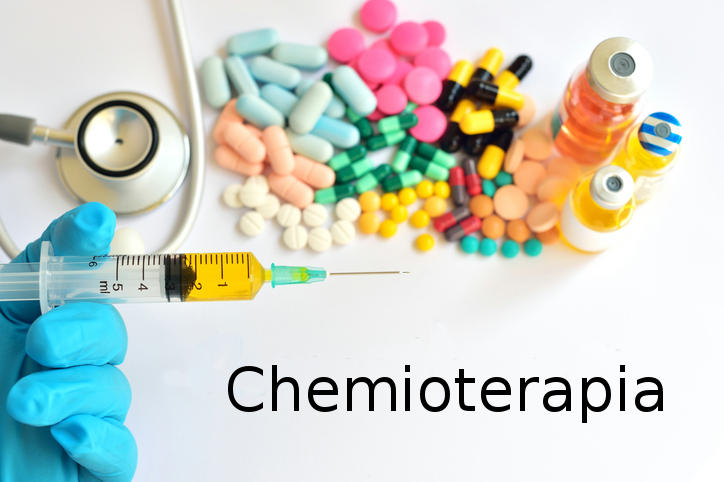Aiom: "Ready to take a step back with Aifa, but the resignation remains"
"At the moment you are only contacting Palù, there are no clinicians on the committees"
DiRE Agency - 23 June 2023 by Carlotta Di Santo
The table has not been convened since last January despite our repeated requests. We have
"The problem is that it was a consultation table without the right to vote - explains Cinieri - which was supposed to help the CPR (Prices and Reimbursement Committee) and the CTS (Technical-Scientific Commission) of Aifa to report which oncological drugs were important and which clinical data they were substantial; this is because there are no clinicians in the two commissions and it is somewhat difficult for pharmacologists, statisticians or epidemiologists to decide without our support. There was therefore an interlocution, which lasted for years, and we were asked by Aifa to give the names of our oncologists. In short, it was a long procedure, at the end of which the table was finally convened, but then it stopped there. That's why we decided to all resign."
The idea, explains the president of Aiom again, was to “stir things up a bit“, but at the moment from Aifa the only one to contact the coordinator of the oncologists' table, Massimo DiMaio (also secretary
But would you be ready to take a step back if a new opening from Aifa arrives? "Absolutely yes - replies the president of Aiom - if Aifa apologized, admitting that it was wrong, and told us to go back inside to reconvene the table, this time with a series of deadlines, I imagine that most (if not all ) of colleagues would return. But at the moment the resignations remain ”.
News correlate: AIFA. Effects of the simplified procedures introduced in 2020 for the negotiation of medicines
Technicians resign, chaos at the drug agency
It's chaos at the Italian Medicines Agency. The epidemiologist Antonio Addis, one of the members of the Commission
The oncologists, AIOM informs, "have been forced to resign due to the persistent and unexplained impossibility of meeting to provide the expected collaboration". In fact, the Agency would have asked oncologists for their willingness to provide an independent opinion on new anti-tumor drugs in view of a marketing authorisation, but then the experts were never summoned. Hence the harsh criticisms of the association of oncologists: "Aifa should review its modus operandi".
On the contrasts within to the Technical-Scientific Commission, those directly involved do not speak. Everyone thinks about the consequences of the hardest internal conflict over the free use of contraceptives. Both the Technical-Scientific Commission and the Pricing and Reimbursement Committee, the two technical bodies in charge of evaluating the authorization and reimbursement of drugs, had given a positive opinion in April.
But at the end of May the Board of Directors led by the virologist Giorgio Palù appointed to the Lega share, instead of ratifying the experts' assessment as usual, had succumbed to pressure from the government majority, according to which the free pill would conflict with the policies of government birth rate. In order to buy time, the Board has in fact asked the Commissions for a supplementary investigation which is very similar to a cover-up of the dossier. The two bodies are close to expiring and will hardly be able to complete the process.
In the meantime, a confusion reigns in the offices which, according to some voices from within the Agency, "recalls the era of Poggiolini". Aifa should play the very delicate role of evaluating the therapies to be marketed but the interference of the Board of Directors is distorting the procedures and preventing independent experts, such as Addis and Marata, from carrying out their work in transparency.
The result is twofold: on the one hand, access to drugs of great social impact such as anti-tumor drugs and contraceptives is denied due to the clash between technical bodies and the Board of Directors which paralyzes the agency. On the other hand, the centralization of powers in the political bodies tickles the appetites of the pharmaceutical industry, which is interested in less rigorous procedures in the authorization and economic negotiation by the Agency. A few days ago some of the largest multinationals in the sector (AstraZeneca, Roche, Gsk, Msd among others) presented a newborn think tank called Ithaca.
Palù doesn't seem of this opinion. Considered close to the top management of Farmindustria, since he took office he has begun a demolition work from within the Agency which paves the way for requests from the pharmaceutical industry. With the resignation of these days, many pillars of Aifa have already collapsed. Now the risk is that the rubble will overwhelm Palù himself.
Related news: ITHACA, the think tank on new regulatory and drug access models, starts
Health, Minister Schillaci chooses two Big Pharma lobbyists for consultants
